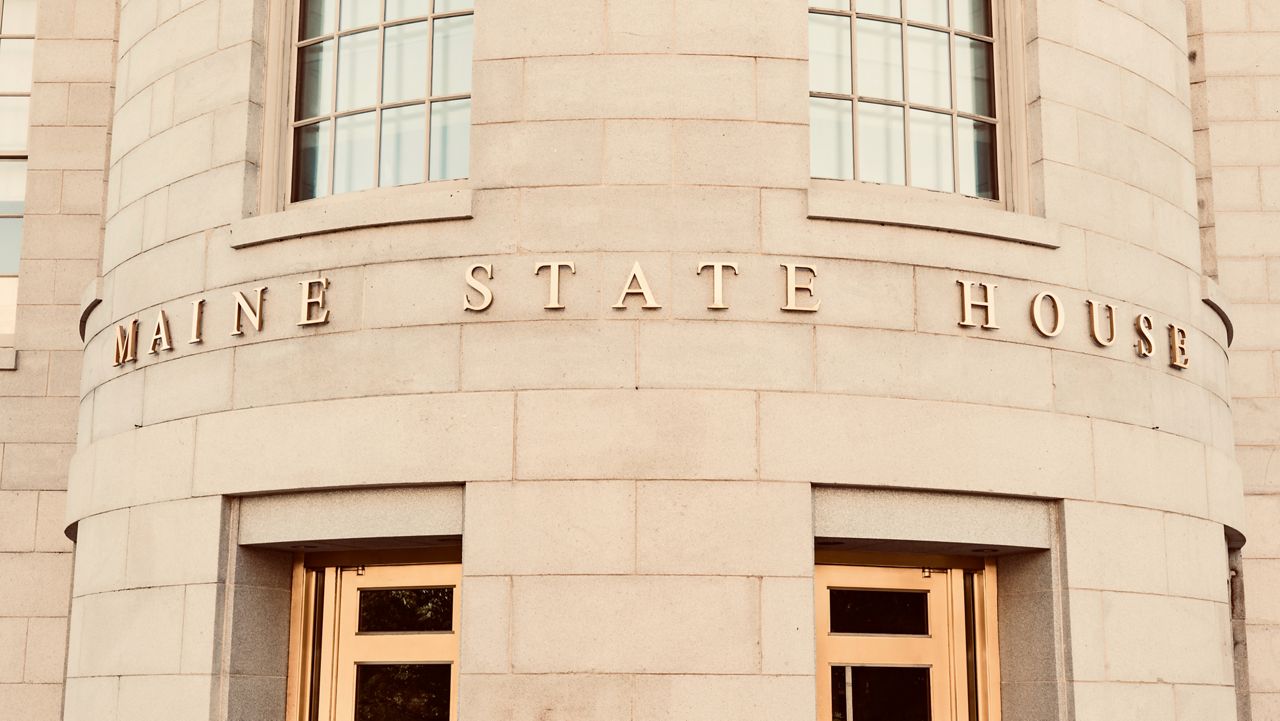Vulnerable children being exposed to legal and illegal drugs and a lack of mental health services for older youth are the top concerns of the state’s child welfare ombudsman.
“Unfortunately, the strain on all of the systems affecting child welfare remains considerable,” Christine Alberi told the Legislature’s Health and Human Services Committee on Monday. “Many of Maine’s children are struggling.”
Alberi said so far this year, they have opened 84 cases for review and have received 747 unique inquiries to the office. That’s up from 708 last year. Her office handles complaints regarding child welfare services in the Maine Department of Health and Human Services.
“In general, mental health and behavioral services for children in Maine are not keeping up with the needs of the children and families,” she said.
Lawmakers began to focus more sharply on child welfare services last year following the deaths of four children under age 4 in June 2021. To help improve the system, Gov. Janet Mills and lawmakers approved the hiring of 16 additional staffers at DHHS and the creation of a weekend shift to alleviate the workload for case workers.
On Friday, the state announced a $1,000 retention and recruitment incentive payment for all child welfare supervisors, caseworkers and case aides hired as of Sept. 1 and who remain on staff through Nov. 19, said Todd Landry, director of the Office of Child and Family Services.
So far, the state has filled 10 of the 16 new positions, but still needs to fill dozens of others to get to the 446 total positions authorized, he said.
Alberi echoed the concerns of Mark Moran, a clinical social worker and chairman of the state’s Child Death and Serious Injury Review Panel. He said the state is averaging three reports per month that children have been exposed to marijuana and one in which a child has been exposed to illegal substances.
“The panel is concerned about increasing numbers of fentanyl ingestions in small children in particular,” Moran said.
One strategy is to give parents lock boxes to store their medications and marijuana, he said. And because marijuana can be infused into chocolate bars, gummy bears and other baked goods, he cautioned that parents need to be careful to store those items away from children.
Another area of concern is instances of parents sharing a bed with infants, which resulted in five unsafe sleep related deaths since July and three near misses, he said.
In May, advocates rallied at the State House to call on the state to break up DHHS to improve child welfare. The advocates highlighted 29 child deaths last year, a state record in which 11 were deemed accidents, four were classified as natural, four were unsafe sleep, three were sudden unexpected infant death and seven were listed as other.
In 27 of 29 cases, the family was involved with child protective services before or during the child’s life, “even when the cause of death was natural, accidental, suicide or undetermined,” according to DHHS.
Those 29 child deaths do not include four being investigated as homicides.
On Monday, HHS Committee Chairman Sen. Ned Claxton (D-Auburn) asked child welfare advocates to come back with concrete ideas in the coming months so additional legislation can go before the Legislature next year.
“I think there’s some significant momentum on this committee to try to move things forward,” Claxton said.



